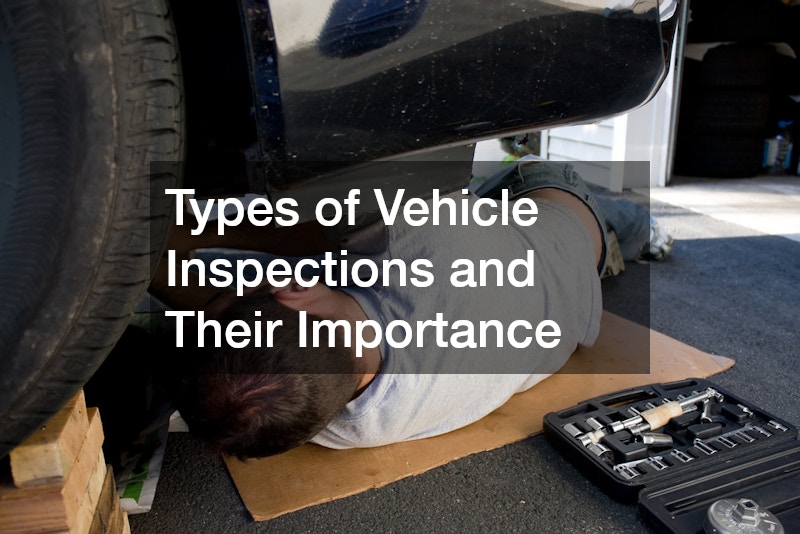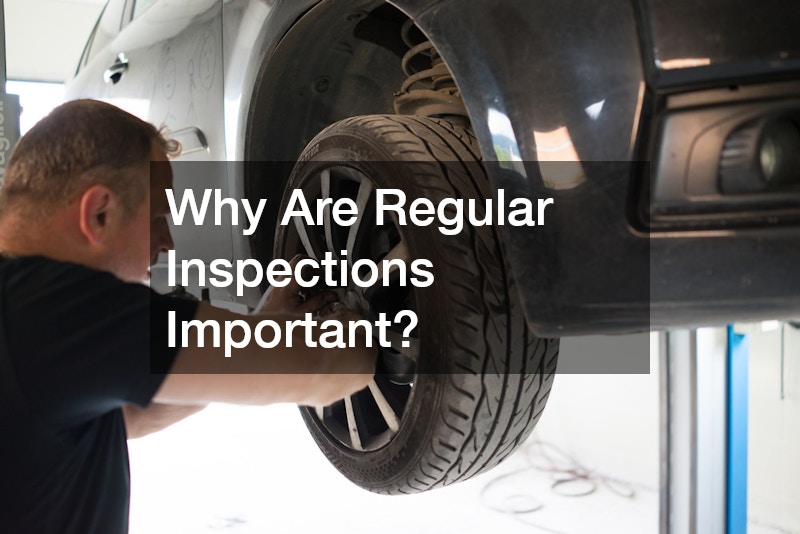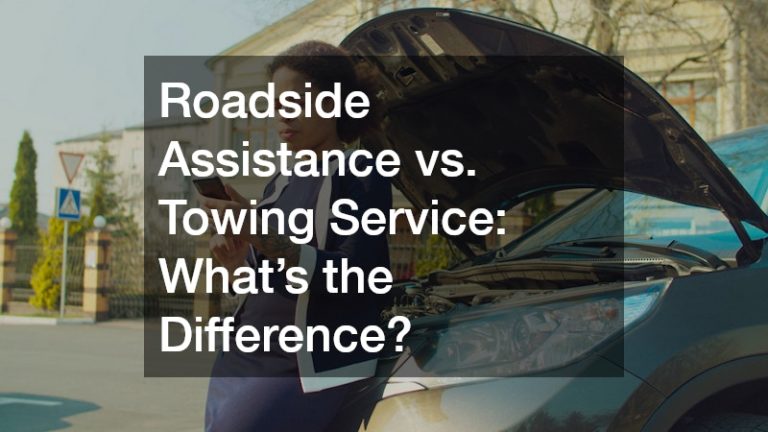
Regular inspections of your vehicle are essential to ensuring it is safe, roadworthy, and compliant with Australian regulations. This comprehensive guide explains the importance of different types of car inspections and how you can prepare effectively.
- What Are the Types of Car Inspections?
In Australia, various types of vehicle inspections serve different purposes, ranging from safety checks to emissions testing. Each type addresses a specific aspect of vehicle maintenance or compliance:
- Safety Inspections: These ensure your vehicle meets safety standards, including the condition of brakes, tyres, lights, and other critical components.
- Emissions Testing: While not as common across all states, emissions checks verify that your vehicle’s exhaust complies with environmental standards.
- Pre-Purchase Inspections: If you’re buying a used vehicle, these inspections help uncover hidden issues not immediately visible.
- Maintenance Inspections: These identify potential problems before they escalate into costly repairs. For example, a windscreen inspection can highlight the need for repairs if cracks or chips are present.
- Insurance Inspections: Often required by insurers, these assess a vehicle’s condition to determine its insurability.
- Roadworthiness Inspections: Compulsory in many states, these verify that your vehicle is safe and fit for driving on public roads.
Each inspection is conducted by authorised professionals, such as certified mechanics or inspection centres. Being proactive with these checks ensures your car performs well and lasts longer.
- Why Are Regular Inspections Important?

Regular vehicle inspections are critical for multiple reasons:
- Safety: A faulty vehicle can endanger you and other road users.
- Legal Compliance: Periodic inspections are mandated in Australia to meet state and territory regulations.
- Prevention of Major Issues: Identifying problems early through inspections can prevent costly repairs down the track.
- Resale Value: A well-maintained car with a history of regular inspections holds higher resale value.
- Insurance Requirements: Insurers often adjust premiums based on a vehicle’s condition, making inspections essential.
- Environmental Responsibility: Ensuring emissions compliance helps reduce pollution and your vehicle’s carbon footprint.
Neglecting inspections could lead to significant safety, financial, and legal consequences.
- How Often Should You Inspect Your Vehicle?
The frequency of inspections varies depending on state laws, vehicle type, and usage. As a general rule:
- Annual Inspections: Recommended to maintain roadworthiness and safety.
- Biannual Inspections: Required in some states to meet specific safety or emissions standards.
- Post-Accident Checks: After an accident, an inspection can uncover hidden damage that may affect safety.
- Commercial Vehicles: High-mileage vehicles or those used commercially should be inspected more frequently.
- Pre-Trip Inspections: Essential before long drives to ensure the vehicle is prepared for extended use.
- After Modifications or Repairs: Any changes to your vehicle should be checked to ensure they comply with safety standards.
It’s best to check your local state or territory regulations to understand specific inspection requirements.
- Who Can Perform Car Inspections?

Authorised professionals, including licensed mechanics, inspection centres, and some dealerships, are qualified to conduct vehicle inspections in Australia.
- Mobile Inspectors: Some services offer mobile inspections, which can be done at your home or workplace for convenience.
- Specialist Inspections: Custom vehicles or unique modifications may require evaluations by specialist inspectors.
- DIY Inspections: Professional inspections are more thorough and reliable than DIY checks.
Ensure you use reputable services to guarantee accurate and comprehensive assessments.
- What Can You Expect During a Vehicle Inspection?
A typical vehicle inspection in Australia includes:
- Visual Checks: Assessment of the exterior and interior for visible damage or wear.
- Functional Tests: Testing of brakes, lights, tyres, and other essential systems.
- Diagnostic Scans: Advanced scans to detect issues that aren’t visible, like engine or transmission faults.
- Reports and Recommendations: Post-inspection, you’ll receive a detailed report outlining the vehicle’s condition and any recommended repairs.
This process ensures your vehicle is safe, compliant, and ready for the road.
- How Much Does a Car Inspection Cost in Australia?
Inspection costs vary depending on the type, location, and complexity of the service. On average:
- Basic Safety Inspections: $50–$200
- Comprehensive Pre-Purchase Inspections: $200–$400
- Roadworthiness Certificates: $100–$200, depending on the state or territory
The age, condition, and type of vehicle also affect the price. Prioritising quality over cost can save you money in the long run by preventing major repairs.
- What Happens If Your Vehicle Fails Inspection?
If your vehicle fails inspection, it means it has issues that must be resolved before it can be deemed roadworthy. Common problems include:
- Faulty brakes or tyres
- Cracked windshields
- Emission violations
You’ll receive a list of necessary repairs, and you’ll need to fix these issues before undergoing re-inspection. Driving a non-compliant vehicle may result in fines, penalties, or legal consequences.
- Can You Drive Without Passing Inspection?
Driving a vehicle that hasn’t passed a required inspection is illegal in most Australian states. Consequences include:
- Fines and Penalties: Heavy fines for non-compliance.
- Insurance Implications: Claims may be denied if your vehicle is not roadworthy.
- Safety Risks: Increased likelihood of accidents due to undetected faults.
Adhering to inspection requirements protects not only your safety but also the safety of others on the road.
- Are There Exemptions or Waivers for Inspections?
Certain vehicles may qualify for exemptions under specific circumstances:
- Older Vehicles: Some vintage or classic cars are exempt, provided they meet specific conditions.
- Low Mileage: Vehicles used sparingly may qualify for exemptions in certain states.
- Electric Vehicles: May benefit from reduced or waived emissions testing.
Check your local regulations to understand eligibility for exemptions.
- Preparing Your Vehicle for Inspection
Proper preparation ensures a smooth inspection process:
- Regular Maintenance: Routine servicing, including oil changes and fluid checks, keeps your vehicle in optimal condition.
- Tyres and Brakes: Ensure tyres are properly inflated and brakes are functioning correctly.
- Windscreen and Lights: Check for cracks and ensure all lights are operational.
- Clean the Vehicle: A tidy interior and exterior make inspections quicker and easier.
- Documents: Keep service records and maintenance logs handy to demonstrate compliance.
Being proactive about vehicle maintenance improves your chances of passing inspections and enhances your car’s overall performance.
The Importance of Inspections
Vehicle inspections are a critical aspect of maintaining safety, roadworthiness, and compliance in Australia. By understanding the types of inspections and their importance, you can ensure your car remains in top condition while adhering to legal requirements.
Consider customising your car once it’s inspected. Options such as professional detailing, audio upgrades, or vehicle wraps can enhance its aesthetics and functionality, adding a personal touch to your ride.
Regular inspections not only ensure your car is safe but also offer peace of mind for you and your passengers.






